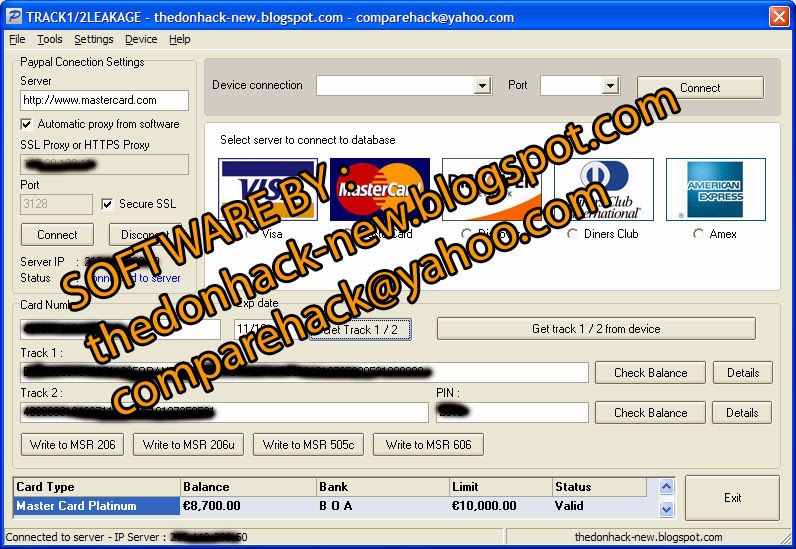
By postponing a major purchase until just after your statement cycle ends, you will have an extra month to pay your statement balance, while still avoiding interest charges - just make sure you understand how your card’s grace period works. Just note that your statement closing date may vary slightly each month. But if you contact your card issuer and find out when your statement closes, you can time your major purchases to receive the longest possible grace period. When they do so, they essentially receive a free loan from their credit card issuer, payable on their next statement. If you’re going to be applying for credit cards often, it’s wise to keep an eye on your scores and the effect so-called churning can have on them.Ībout half of all American credit card users void interest charges by paying each month’s statement balance in full. Keep in mind that one downside to constantly applying for new credit cards is the effect those hard inquiries can have on your credit scores. Nevertheless, clever credit card hackers can figure out which card issuers still allow their customers to sign up for the same cards over and over again. This process is known as “churning.” In response to churners, some credit card issuers no longer issue multiple sign-up bonuses within a year or two, and American Express will not give a sign-up bonus from its personal cards to anyone who has already received a bonus from the same product.

But in many cases, you can receive these bonuses more than once, multiplying the value of the rewards you can receive. Most credit card issuers offer their new customers a sign-up bonus in the form of valuable points, miles or cash back, typically after they meet a minimum spending requirement within a specified time period.


Here are five credit card “hacks” that can maximize rewards and save you money. Hacking has never been in the news more than it has recently as businesses, governments and militaries have all been the subject of high profile illegal exploits of their computer systems.Īt the same time, any credit card user can perform other types of “hacks” on their credit cards that are all perfectly legal, but may not always be in line with the spirit of its cardholder agreement.


 0 kommentar(er)
0 kommentar(er)
